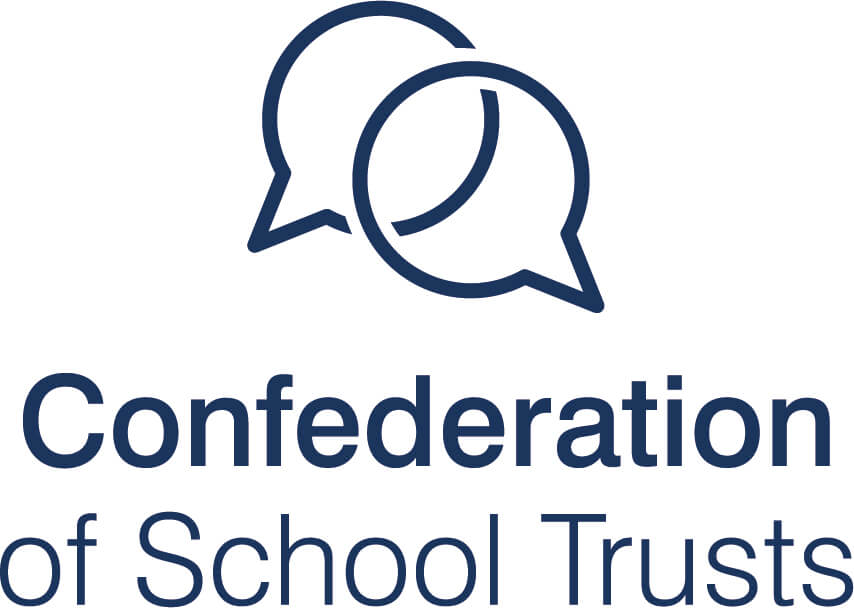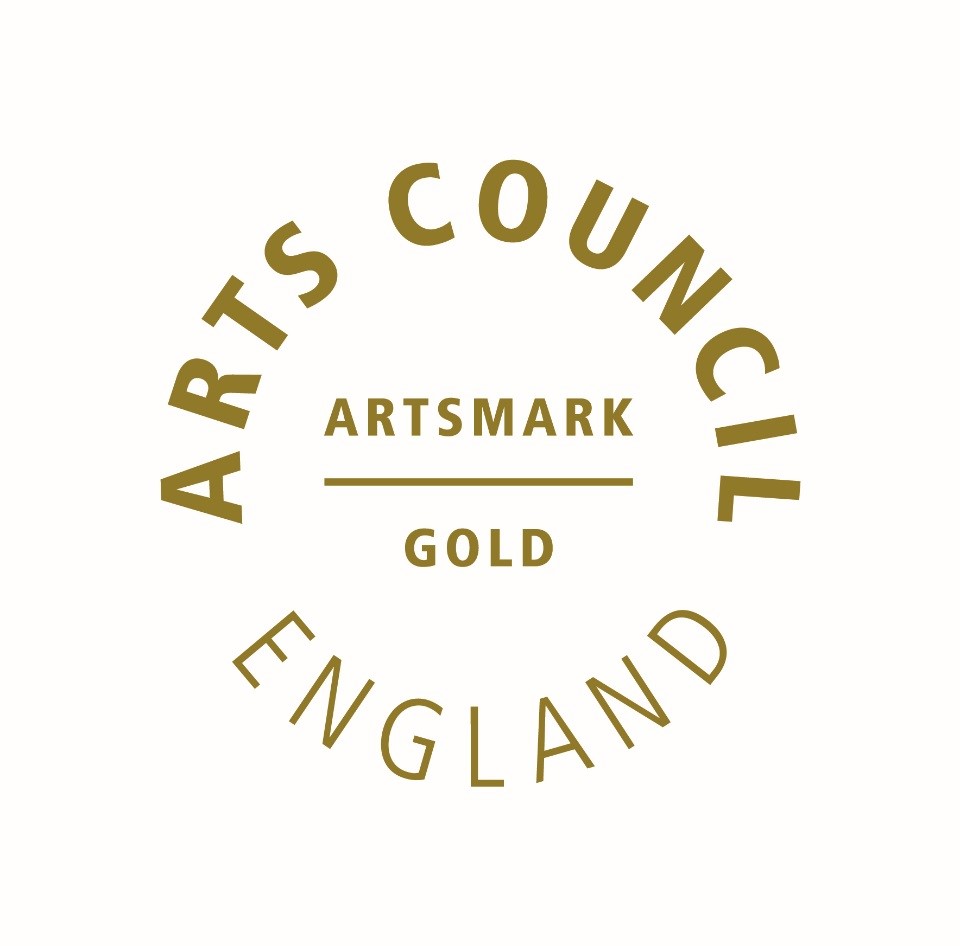Maths
Mathematics is an important creative discipline that helps us to understand and change the world. We want all pupils at Zetland Primary School to experience the beauty, power and enjoyment of mathematics and develop a sense of curiosity about the subject with a clear understanding.
At Zetland we foster positive can do attitudes and we promote the fact that ‘We can all do maths!’
We believe all children can achieve in mathematics, and teach for secure and deep understanding of mathematical concepts through manageable steps.
We use mistakes and misconceptions as an essential part of learning and provide challenge through rich and sophisticated problems. The children will spend time becoming true masters of content, applying and being creative with new knowledge in multiple ways.
We aim for all pupils to:
- become fluent in the fundamentals of mathematics so that they develop conceptual understanding and the ability to recall and apply knowledge rapidly and accurately.
- be able to solve problems by applying their mathematics to a variety of problems with increasing sophistication, including in unfamiliar contexts and to model real-life scenarios
- reason mathematically by following a line of enquiry and develop and present a justification, argument or proof using mathematical language.
- have an appreciation of number and number operations, which enables mental calculations and written procedures to be performed efficiently, fluently and accurately to be successful in mathematics.
How do we teach mathematics at Zetland?
Staff subject knowledge allows the intentions of our mathematics curriculum to be delivered successfully. We continually strive to build upon the excellent understanding of the expectations of the curriculum that our staff have.
We achieve this through regular quality CPD which is provided through the subject leader, external courses and collaborative lesson study.
All staff are encouraged to raise questions, seek support and request further training if needed in order to ensure everyone is confident in what they teach. Good practice is always shared between staff and all CPD is used to inform teaching and learning across school. Resources and equipment are audited regularly so that children have materials of high quality and accuracy to support their learning. Our resources allow us to better use models and images to support learning in each area and enable the progression from concrete to pictorial to abstract.
Children are familiar with these resources and can access them independently where needed. Curriculum maps are based on the White Rose yearly overviews which set the curriculum out in blocks enabling children to get to grips with different areas of maths through extended periods of time. Alongside the White Rose materials, we use many other resources to ensure that our offer is rich and varied. These include Target Maths, NCETM, NRich, Abacus – these are used across KS1 and KS2 allowing children to be exposed to a variety of different types of learning and to ensure coverage of fluency, problem solving and reasoning in different formats. Teachers also implement the schools agreed calculation policies for progression in written and mental calculations.
Pre and post unit assessments are used where appropriate along with termly assessments which help teachers to gather an understanding of their pupil’s existing and developing knowledge and skills. Correct mathematical vocabulary is used by all teachers and this is discussed with and explained to children who are then encouraged to use it independently when talking about maths. Vocabulary is displayed clearly on working walls and is referred to in every lesson.
Interventions for maths are in place for children with SEND; all other children receive regular group support as part of their maths lessons with further support for individuals or small groups where a need is identified. Fluency is developed through repeating, reinforcing and revising key skills; daily arithmetic takes place in all classes. Children are given time to practice and perfect their calculation strategies including giving pupils the opportunity to make appropriate decisions when estimating, calculating and evaluating the effectiveness of their chosen methods.
Feedback is given in a variety of ways to ensure pupils are well informed and making visible progress. Discussion is essential to learning and children are encouraged to discuss their thoughts, ideas and methods with a partner, group or the teacher. Task types are varied to suit different pupils and their learning preferences; developing reasoning remains one of our key focuses. Investigative tasks are designed to allow pupils to follow lines of enquiry and develop their own ideas, justifying and proving their answers.
Children work both collaboratively and independently when solving problems which require them to persevere and develop resilience.
What is the impact of teaching mathematics?
The impact of our mathematics curriculum is that children understand the relevance and importance of what they are learning in relation to real world concepts. Children know that maths is a vital life skill that they will rely on in many areas of their daily life.
Children have a positive view of maths due to learning in an environment where maths is promoted as being an exciting and enjoyable subject in which they can investigate and ask questions; they know that it is OK to be ‘wrong’ and that this can strengthen their learning because the journey to finding an answer is most important. Children are confident to ‘have a go’ and choose the equipment they need to help them to learn along with the strategies they think are best suited to each problem.
Our children have a good understanding of their strengths and targets for development in maths and what they need to do to improve. Our maths books evidence work of a high standard of which children clearly take pride; the range of activities demonstrate good coverage of fluency, reasoning and problem solving. Our feedback and interventions support children to strive to be the best mathematicians they can be, ensuring a high proportion of children are on track or above. Our school standards are high, we moderate our books both internally and externally and children are achieving well.
Please click on the links below to find out what your child is learning in school.








